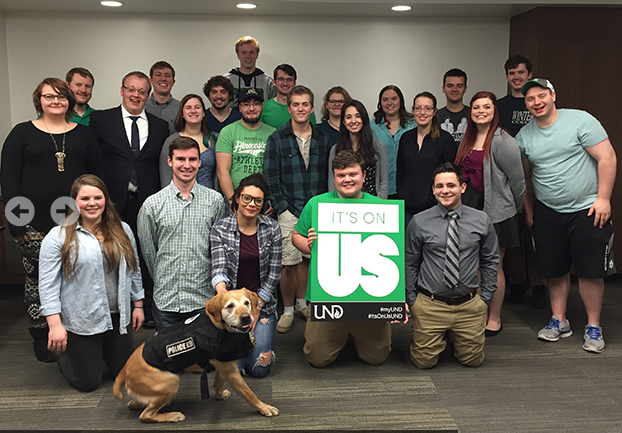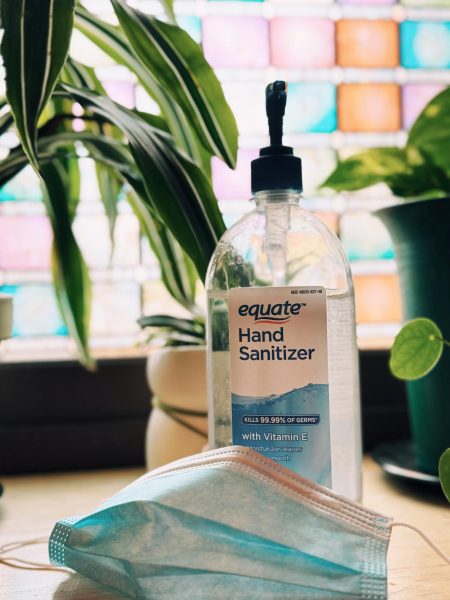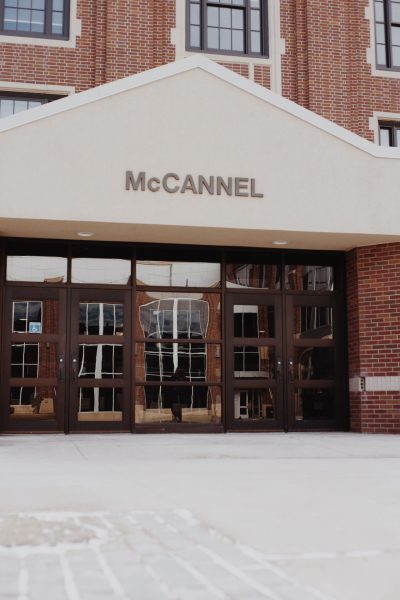Awareness of sexual assault on campus is key
Students working for the housing department on campus raising awareness against sexual abuse. Screenshot courtesy of und.edu
April 4th through April 8th is “It’s On Us” week at UND. “It’s On Us” week seeks to raise awareness of sexual assault on college campuses, educate about the issue, and dispel common myths surrounding sexual assault and rape in our society. There will be discussions held every day on campus in the Memorial Union and a special screening of the documentary: The Hunting Ground at the Lecture Bowl on Tuesday night. By the time this is published in the paper, Tuesday will already have passed but The Hunting Ground is on Netflix. It’s a great look at what victims of sexual assault deal with when they report their experiences and sheds a light on why so few victims of rape want to come forward about it. So why do we need to raise awareness on this issue? The truth is that although our society talks big about how awful rape is and how rapists should be severely punished only 2% of rapists will receive any jail time. 1 in 5 women will be raped in her lifetime, 1 in 10 men, and for college women those ratios increase to 1 in 4 women! I am positive that each of you know someone who was raped, even if they haven’t told you about it.
Our culture also doesn’t educate about consent or rape, we as a society imagine rape as a scenario where a stranger or an obviously evil person attacks a young woman as she fights back but is overpowered; when in reality this scenario is the rarity. 4 in 5 rapes will occur where the rapist is someone the victim knows and is comfortable around. Most rapes will occur at parties, a friend’s house, the victim’s home, or the rapist’s home. People also rarely know what consent is, consent is not just the absence of a “no” it is enthusiastic participation and a stated “yes” from both people. If a person is unconscious, pushing away, saying no, not responding or freezing up, fighting back, incoherent, drunk, etc. they cannot consent or are not consenting. The biggest gray area people seem to be confused about is the issue of drunk consent.
Some people ask “what if both people are drunk when they have sex?” the answer to that is that if both people are equally drunk and conscious and they agree to have sex, then it is consensual. If one person is drunk while the other is sober, the sober person needs to be the one to say no. If a person is trying to get another person drunk in order to lower that person’s reasoning, so that the drunk person might agree to sex, that is sexual assault. If both people are drunk and one says no or shows signs that they don’t want to have sex: it’s sexual assault. If the rapist is drunk and the victim is sober, it’s still sexual assault. Many also say “victims should just buy a gun or learn to defend themselves”. This advice is fine for stranger rape if a victim is afraid of being attacked outside or when they’re alone at home, but as I’ve mentioned: that’s only 1/5 of rape cases.
The truth is that women already know all of the advice and tips on how to “not get raped” we’ve heard these all our lives from the time we were young. What’s interesting is that advice on how to avoid rape is rarely passed on to men, while they are also at risk for sexual assault. So if rape is usually done with someone the victim knows in a place that is considered “safe” how can we combat rape? Here are some tips that don’t blame the victim: when at a party, use the buddy system. In these examples I’m about to use I refer to the victims as women: this is only because women make up the majority of victims, but this advice can help your male friends as well. If you see your friend going off alone with a guy at a party, approach your friend and ask them discreetly if they’re looking to get intimate with that person. Or if you know your friend is drunk and clearly needing to sober up, keep an eye on them and make sure they don’t get separated from you and that they make it home safe. If your friend tells you that they have been raped: believe them. Never blame them or tell them they should have done something different, if the rape was within the last few hours encourage them to go to the hospital to have a rape kit done or to report the rape to their university or law enforcement. Offer to go with them if they need support. Never assume that someone is incapable of rape, most rapists don’t consider themselves as rapists; they make excuses for why the victim is at fault.
There are several factors that contribute to these rapists getting away with their crimes: first is that consent education isn’t taught, the only thing people seem to know is that “no means no” but that doesn’t account for other factors that go into giving consent (like the ones I mentioned earlier). There’s also the fact that rape jokes, trying to sleep with many women, catcalling, and thinking they are owed sex are still staples of young mens’ popular culture. Of course not all men are like this, but the men who have these ideas are not going to listen to women; good men need to be allies and call out fellow men who do these things. If you’re interested in learning more about assault or how you can help: volunteer at or speak to a worker at CVIC, talk to the sexual assault advocate on campus, talk to friends about their ideas to spread the word. It’s about time we stopped blaming victims for getting raped and instead started holding rapists accountable. That’s a responsibility that’s on all of us.
Alisabeth Otto is a staff writer for The Dakota Student. She can be reached at [email protected]
















